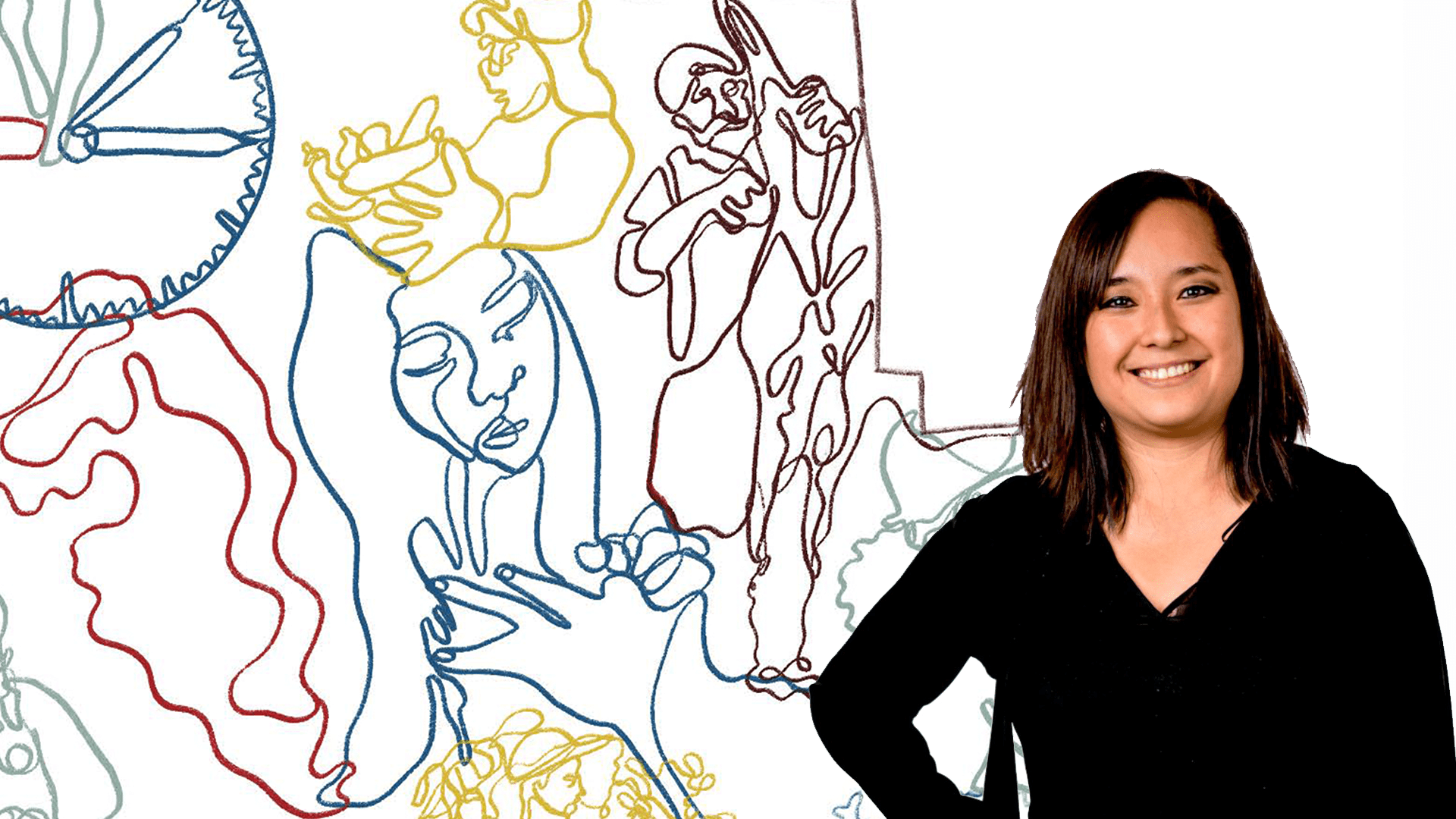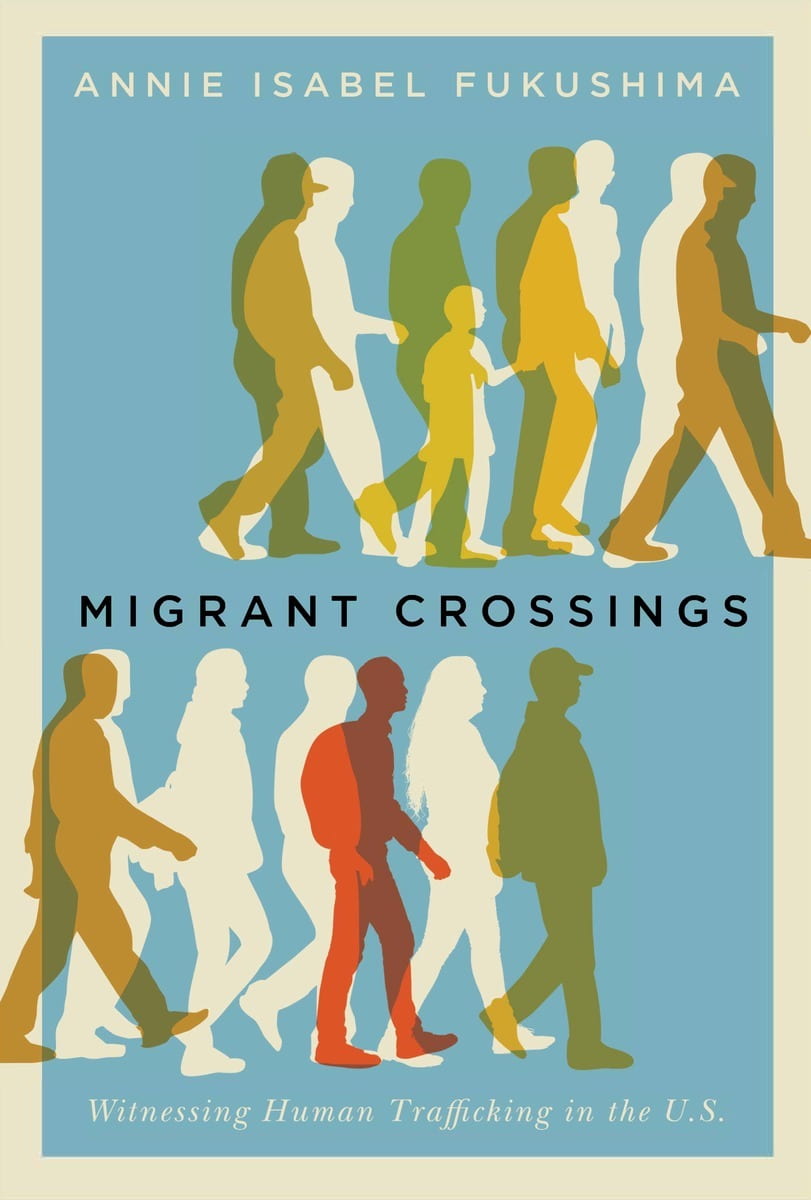
In preparation for the upcoming symposium, Chasing Slavery: The Persistence of Forced Labor in the Southwest, to be held at Texas State University from 24-26 October, in Flowers Hall 230, we will be running a series of posts focused on the conference participants and organizers. The conference will bring together dozens of scholars, with a keynote from Ambassador Luis C.deBaca (ret.). See the conference website for more details.
Today, conference participant Dr. Annie Isabel Fukushima, Assistant Professor in the Division of Ethnic Studies with the School for Cultural & Social Transformation at University of Utah, shares with us a bit about her research. She can also be found on Twitter.
 Tell me in four sentences why I should read your book.
Tell me in four sentences why I should read your book.
Dr. Annie Isabel Fukushima: Migrant Crossings examines the experiences and representations of Asian and Latina/o migrants trafficking in the United States into informal economies and service industries. It is an interdisciplinary analysis through sociolegal and media analysis of court records, press release, campaigns, filmic representations, performance and the law. The book is an invitation to readers to query how readers will bear witness to migrants who experience violence in these migratory times. Anyone interested in issues regarding migration, citizenship, law and society, race, gender, transnational processes, and security should pick up this book. Readers encounter ghosts, notions of victimhood, court-performances and translation, zombified figures, and technologies of violence.
What was the most surprising thing you encountered when researching your book?
Dr. Fukushima: Part of the work was informed by my own work in community organizations. I found that a contradiction occurred. That as migrants navigated a range of institutions, they were bound to being seen in dualities of victim/criminal, legal/illegal, and citizen/noncitizen. I focused on a range of informal labor, however, informal labor cannot be disaggregated from formalized industries. And that in the campaigns and movement efforts to eradicate trafficking, the complex personhood migrants embody has been historically, socially and legally, reduced to nonhuman. And to see people for the complexity requires new modalities of witnessing. What I call, an “unsettled witnessing”.
What do you hope people will take away from our conference on trafficking, forced labor and labor exploitation?
Dr. Fukushima: I hope people will see the significant role of history and the history of the present as central to our lived realities. That while we may not be laboring in the very industries where we see as ripe for exploitation, and that we not see trafficking as “everywhere” even our “neighbor.” But instead, we see how institutions and everyday realities structures the lives and conditions that create trafficking. A complex issue, it requires a complex response from multiple fronts—social, political, legal, historical, environmental, and cultural.
What challenge(s) raised by your research are you still trying to reconcile?
Dr. Fukushima: I was left with the hauntings of how militarisms in the form of sexual slavery during war and militarized peace and (in)security served as the backdrop of my book. Additionally, Migrant Crossings is a book about labor. Therefore, I am currently working on my next book project which will dig deeper into militarisms and trafficking—however, with a particular interest in the role of contract workers. Amazing work has been done already, on sexual economies and militarized contexts. There is more to be understood regarding other forms of labor beyond sexualized industries.
Also check out:
- Migrant Crossings: Witnessing Human Trafficking in the US.
By Annie Isabel Fukushima (Stanford University Press, 2019)
